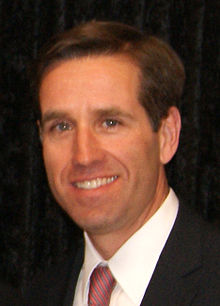Originally published by ANewDomain.net:
President Obama is deploying 450 troops, trainers of Iraqi soldiers, back to Iraq. To fight ISIS this time. The media says this sort of half-measure, neither big enough to make a difference but not nothing, either, reflects the wisdom of compromise. Because “both sides” will criticize.
Both sides are right. It’s a stupid move doomed to failure.





 “A heartbreakingly beautiful and incredibly open
“A heartbreakingly beautiful and incredibly open  Oh, and if you get two of these suckers in 18 months, say goodbye to your license for at least a year.
Oh, and if you get two of these suckers in 18 months, say goodbye to your license for at least a year.

